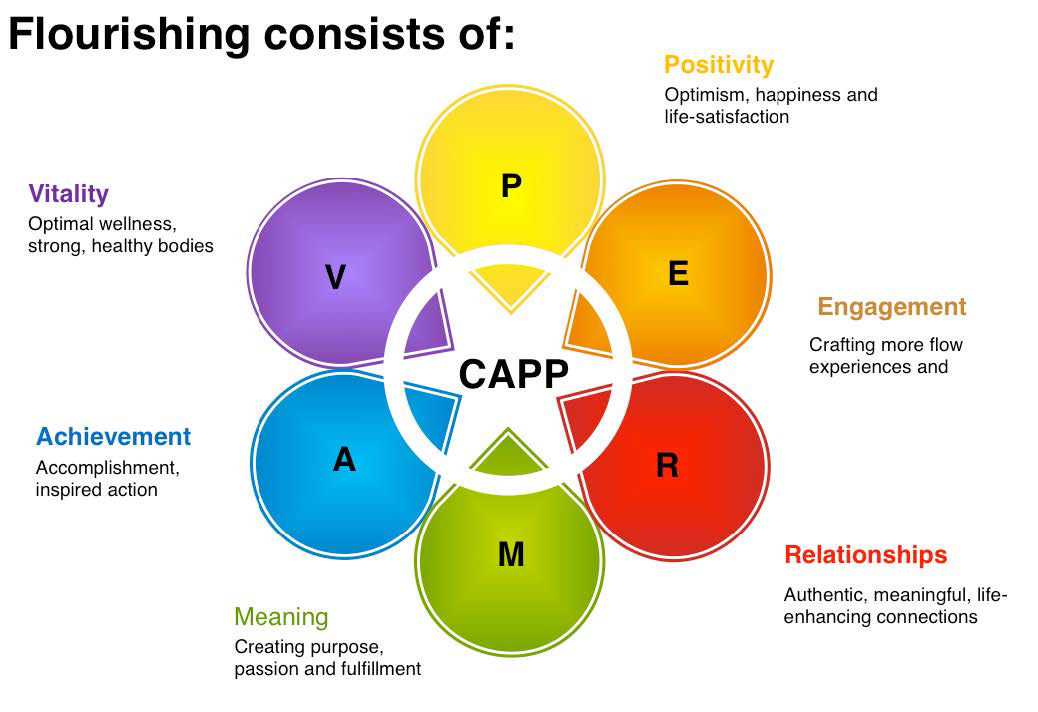Self-Care and Stress Management
In today's fast-paced world, stress is a constant, but managing it effectively is key to maintaining mental and physical well-being. FEAP’s Self-Care and Stress Support Services provide the tools and guidance you need to build resilience, reduce stress, and improve overall health.
Taking care of yourself is not a luxury—it’s a necessity. Just as a car needs regular maintenance to function at its best, prioritizing self-care helps you stay energized, focused, and balanced. Through expert guidance, mindfulness practices, stress management techniques, and positive psychology resources, we offer a variety of ways to support your well-being.
Whether you're looking for strategies to navigate daily stressors, seeking support for depression, or interested in mindfulness and positive psychology, our confidential services are designed to empower you. Explore our resources, attend a seminar, or connect with a FEAP counselor to take the next step in your self-care journey.

